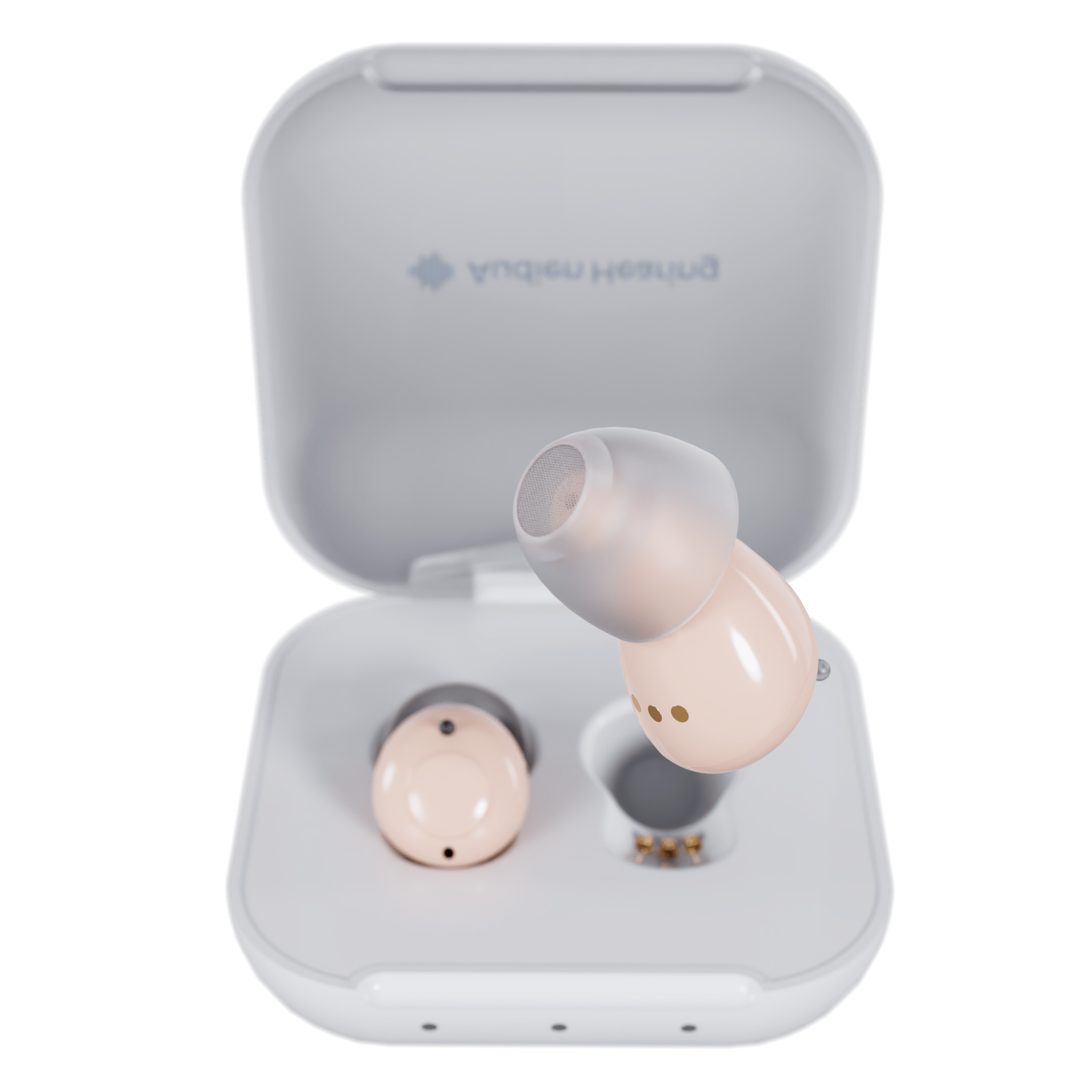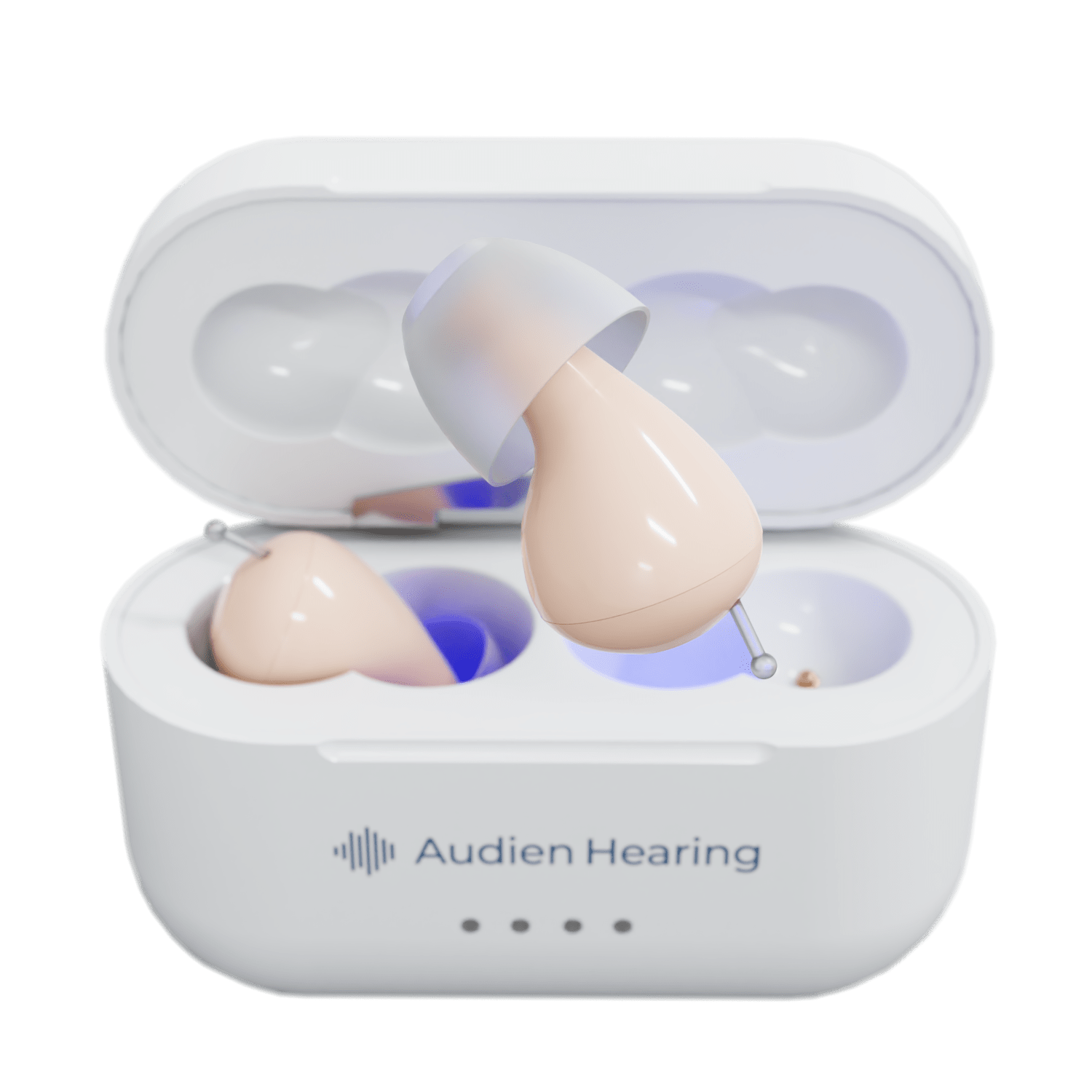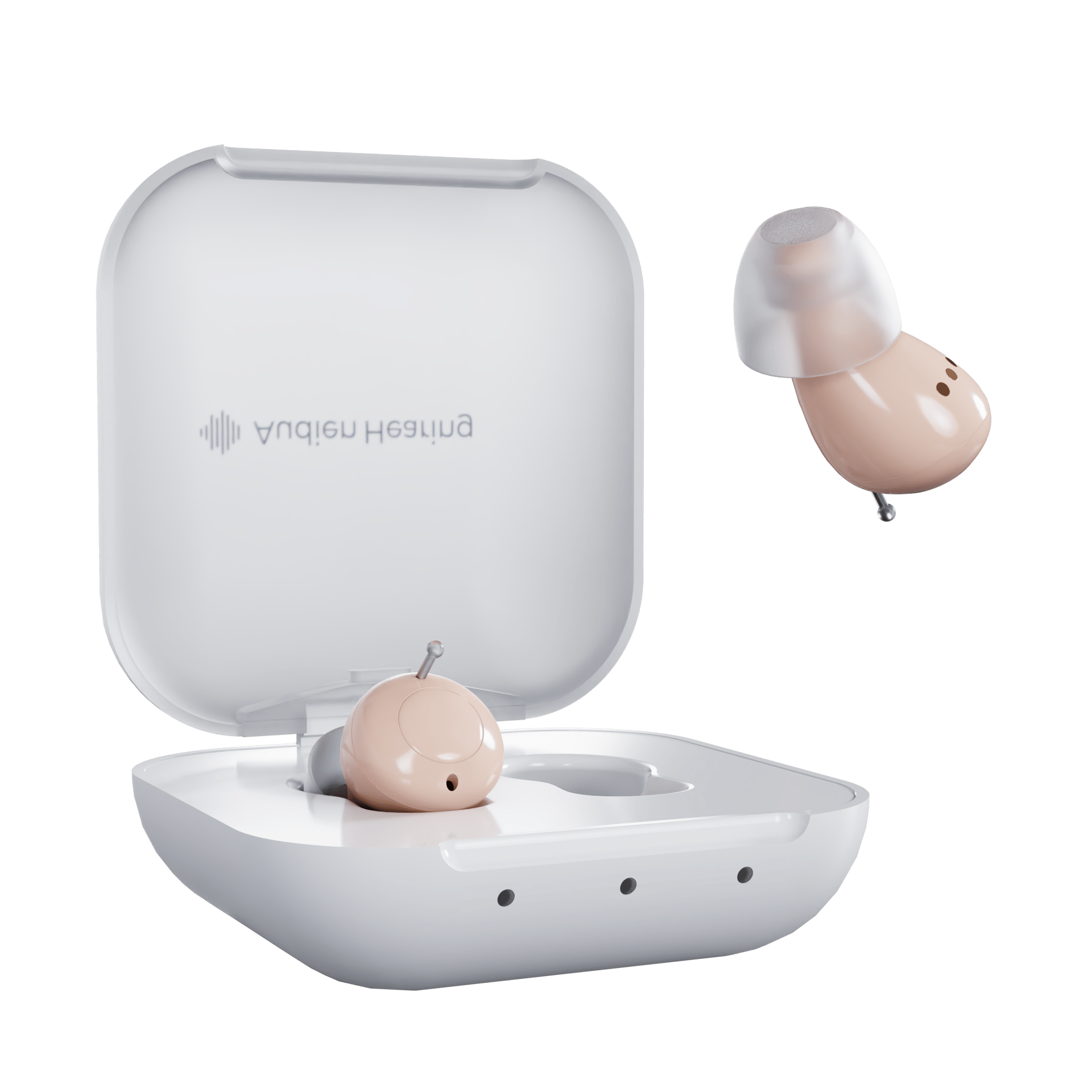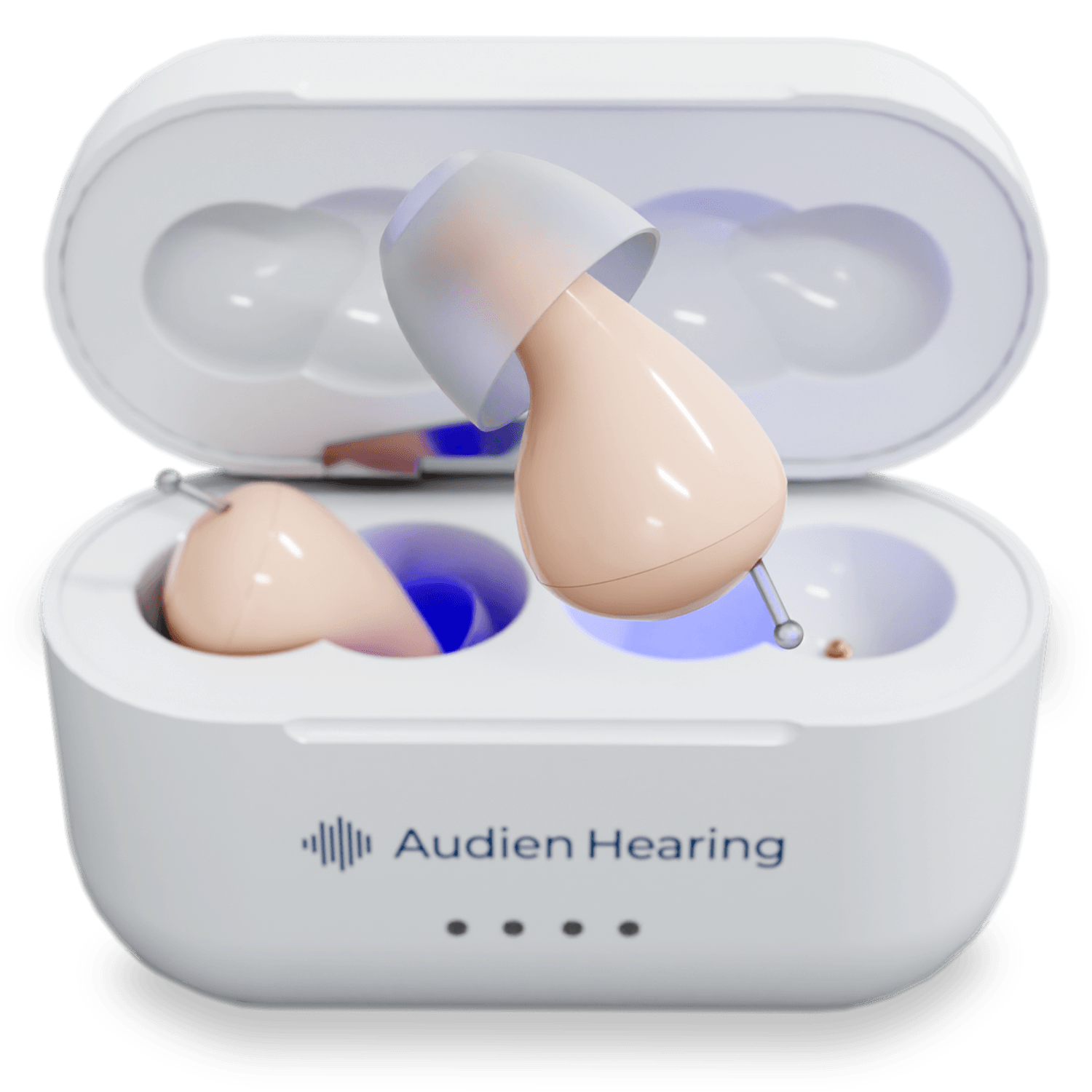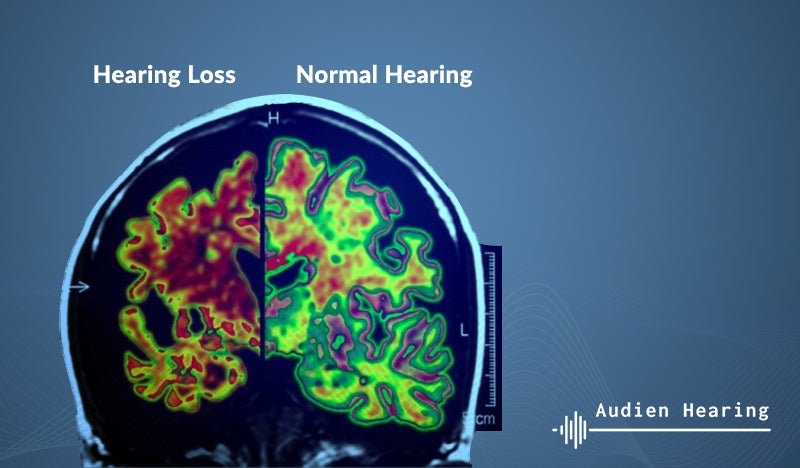Recent studies conducted at Johns Hopkins University have connected hearing loss to the onset of Alzheimer's. One statistic found men with hearing loss to be 69% more likely to develop Alzheimer's than those without it!
Why Does Hearing Loss Contribute To Alzheimer's?

1. Decrease In Auditory Brain Function.
Hearing lights up the auditory part of the brain, and when you start to deal with hearing loss, that part of the brain lights up more. This results in loss of brain tissue and restructuring of your brain, which is an initial link to Alzheimer's.
2. Cognitive Load.
When you become hard of hearing, your brain has to work harder to participate in conversations. This means you don't have as much mental power to divert toward memory and other functions.
3. Social Isolation.
Hearing loss can lead to feelings of isolation that have profound emotional and physical effects. Not only is it a bad feeling, but social isolation can lead to physical and chemical changes in the brain correlated to depression and other syndromes.
The 5 Senses: Use Them Or Lose Them
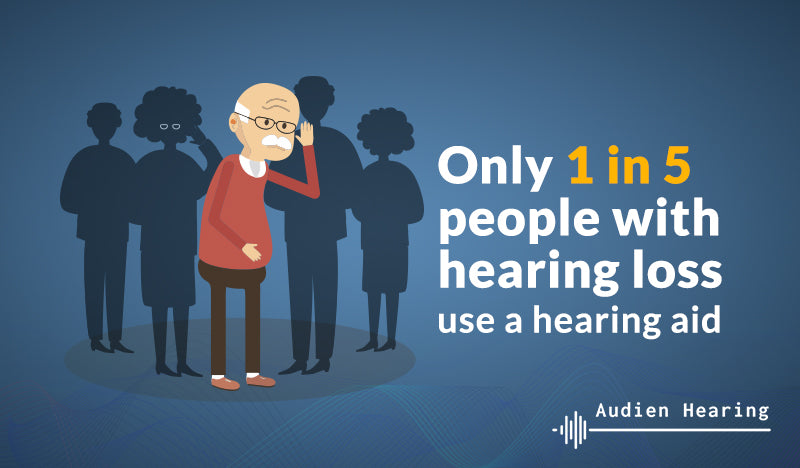
When you start to have hearing loss, one of your senses are deteriorating. The worse your hearing loss gets, the more your brain deteriorates.
But with hearing aids, you can prevent that from happening, and essentially allow your brain to hear more, and let that area of your brain not deteriorate.
Without them, part of your brain deteriorates, which is what leads to Alzheimer's, Dementia and Depression.
The worse your hearing loss is, the higher your likelihood of developing dementia and other mental illnesses. The risk increases 3X for those with moderate hearing loss and 5X for those with severe hearing loss.
What Should I Do If I Have Hearing Loss?

If you suspect you have hearing loss, we recommend getting your hearing tested. You can take a free test in several places online, or you can get tested at a hearing center by an audiologist.
If you have severe to profound hearing loss, we recommend you consult an audiologist and an ENT specialist. For your level of hearing loss, you may need a more advanced solution. In rare cases, the cause of your hearing loss may be a medical condition that needs to be addressed first before you wear hearing aids. It is always best to be evaluated to be sure.
If you have mild to moderately severe hearing loss, you may see improvement from less intense treatments. Our rechargeable hearing aids are at one of the lowest prices on the market, starting at only $89/pair for our EV1 hearing aids and costing only $249/pair for our top of the line EV3 hearing aids.
Your hearing treatment depends on your level of hearing loss and your budget. Keep those two in mind, and if you don't need something crazy advanced or expensive, give us a try! With a 45 day money back guarantee, there's no reason not to.
Thanks for reading, and good luck on your journey to better hearing!
